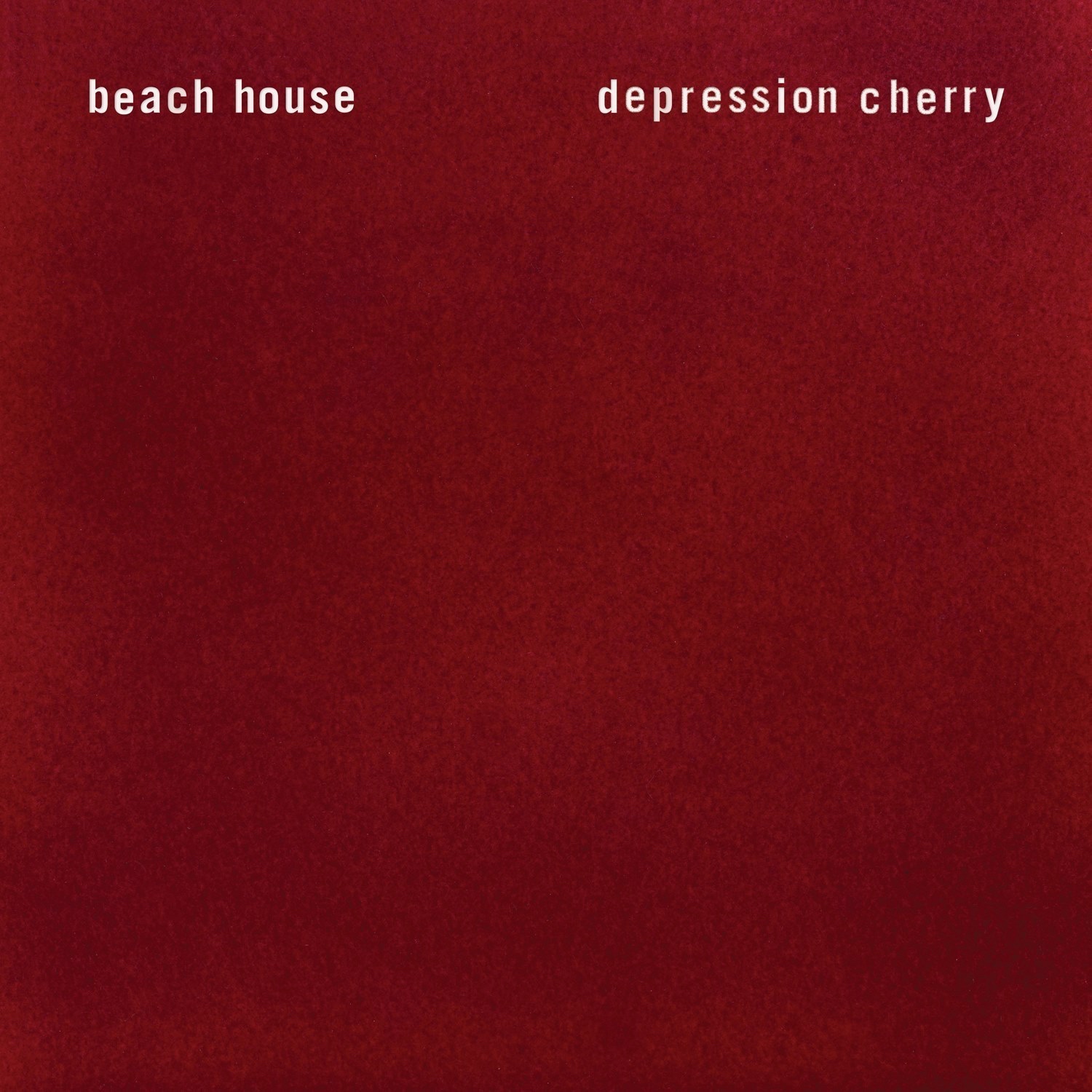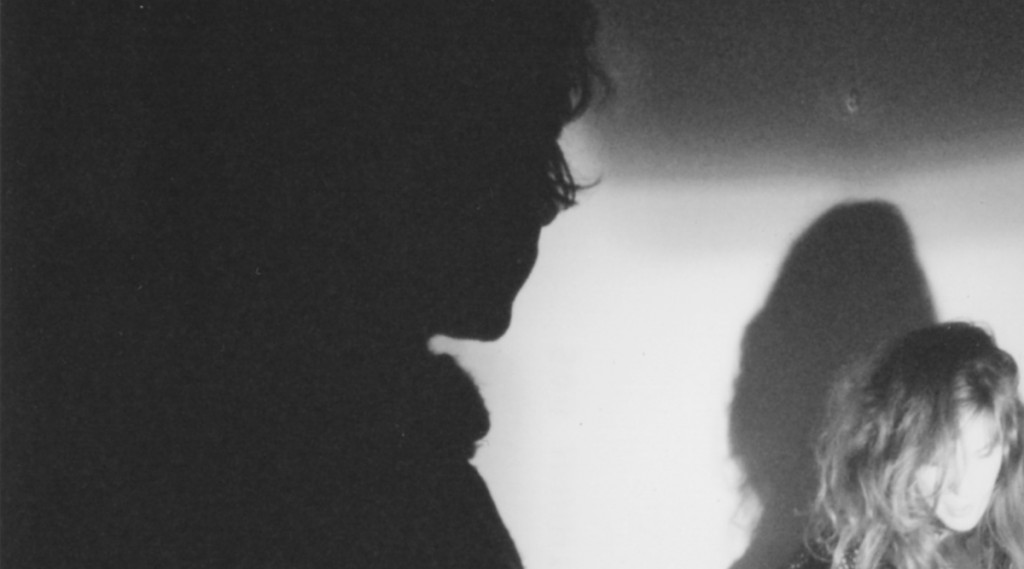TOM BROADLEY takes a look at Beach House’s new LP.

The modern music world often places an onus on bands to evolve, developing from one album to the next, so that when we look back, their work forms a neat musical arc. Many acts take this ideology to heart; sometimes this leads to masterpieces and at other times it has led to disappointing albums and disheartened fanbases. Baltimore group Beach House, on the other hand, subscribe to the ‘if it ain’t broke, why fix it’ philosophy, a path they’ve been taking for the past ten years. It does a disservice to the often fluid and emotional construction of their music to call it formulaic yet the same features – gauzy guitars and droning synths – feature again and again.
At the same time, it’s unfair to call them unchanging. Their first two albums, Beach House and Devotion, were delicate and ornate affairs that sounded like they might have been recorded in an antiques shop. Indeed, Victoria Legrand and Alex Scally have talked about their interest in vintage synths and it shows in the lo-fi sensibility of songs like ‘Saltwater’ and ‘Gila’. Then came 2010’s Teen Dream, an album that married melancholy with euphoria in the emotional nuances of Legrand’s voice and the evocativeness of its shining guitar riffs and loops. Even if its successor Bloom didn’t match the beauty of its predecessor, it wasn’t too important because Beach House have never been a band in competition with themselves. Depression Cherry sees them moving forward, with one eye trained on the past.

The first single off the album seemed to mark a new direction for the band. ‘Sparks’ takes Victoria Legrand’s usually dreamlike vocals and chops them up into a rhythmic mantra under which a dark and brooding organ churns. The abrasive, even grungy, guitar is the most surprising addition to Beach House’s sound and lends the first half of the song a dense and claustrophobic atmosphere. Despite the track’s initial harshness, ‘Sparks’ still functions as a more traditional Beach House song in many ways with its oblique lyrics and how it subtly and perfectly blooms into an expansive and rousing ending.
The rest of the album, however, sees the band recovering their ability to make exquisitely bittersweet music. ‘Beyond Love’ might demonstrate some 90s influence but its soft and silky melodies conjure up the same atmosphere of yearning and aching that they’ve perfected from 2005 onwards. Lyrically, the song investigates the darker side of beauty and love. ‘I’m gonna tear off all the petals from the rose that’s in your mouth’ intones Legrand, slurred and sweet, with barely a trace of the words’ violence in her voice.

Given the delicacy of their music it’s unsurprising that transience is a central theme of their music. Closer ‘Days of Candy’ explores this, the titular candy being a metaphor for that illusive high which slips away just as quickly as it is reached – ‘the rising sun / live in your mind / just like that, it’s gone.’ The choir add a hymnal quality to Legrand’s reflections as retro-futuristic synths and jangling guitar chords leave a pensive note in your ears even after the album ends.
On Depression Cherry Beach House continue to be both forceful and delicate at the same time. While it lacks the emotional clarity and soaring moments that make Teen Dream their most beloved record, Depression Cherry stands by itself as testament to a band committed to their art and expanding slowly in every direction. And they sound beautifully ethereal while they are doing it.
8/10
Depression Cherry was released on August 28 by Bella Union.





